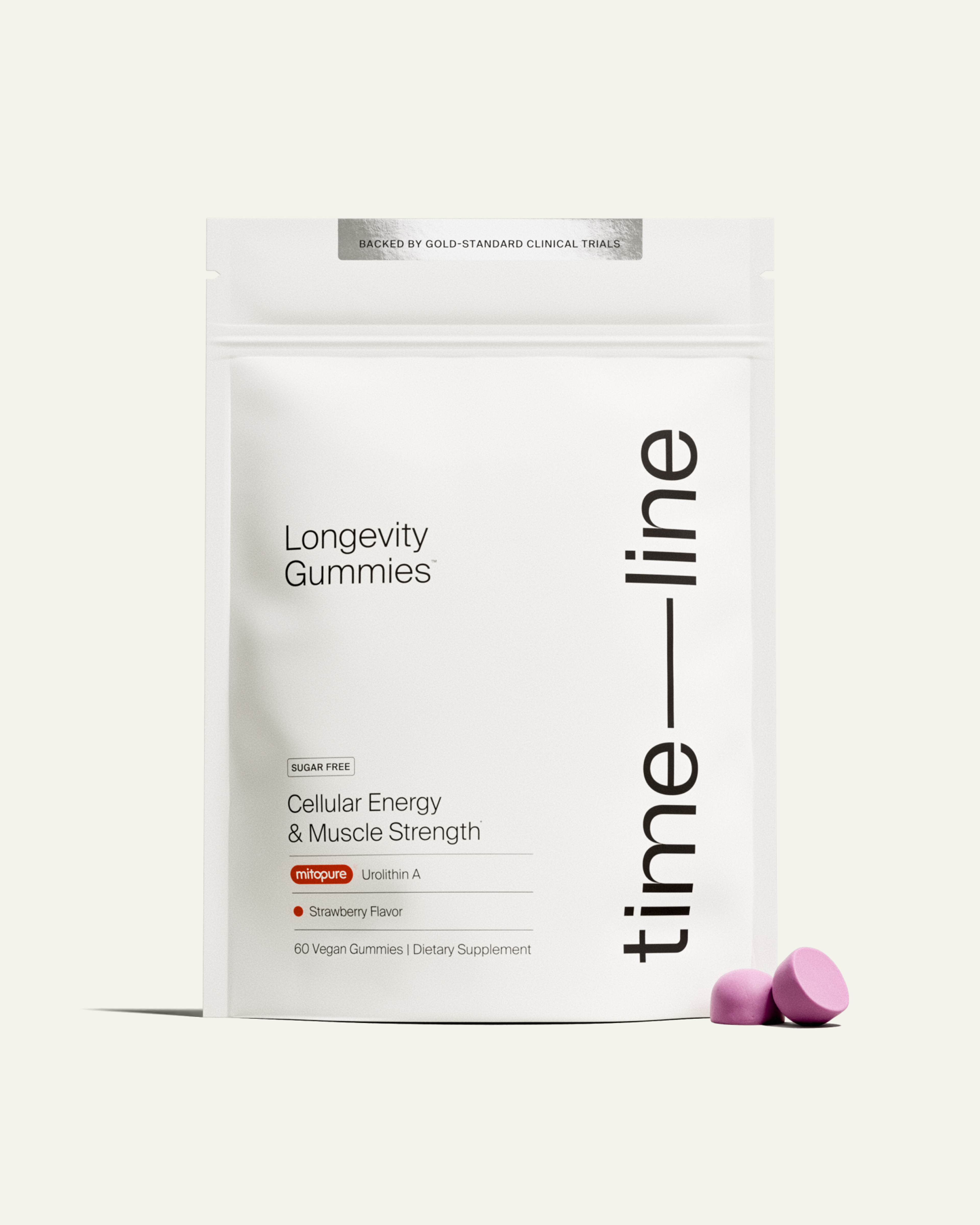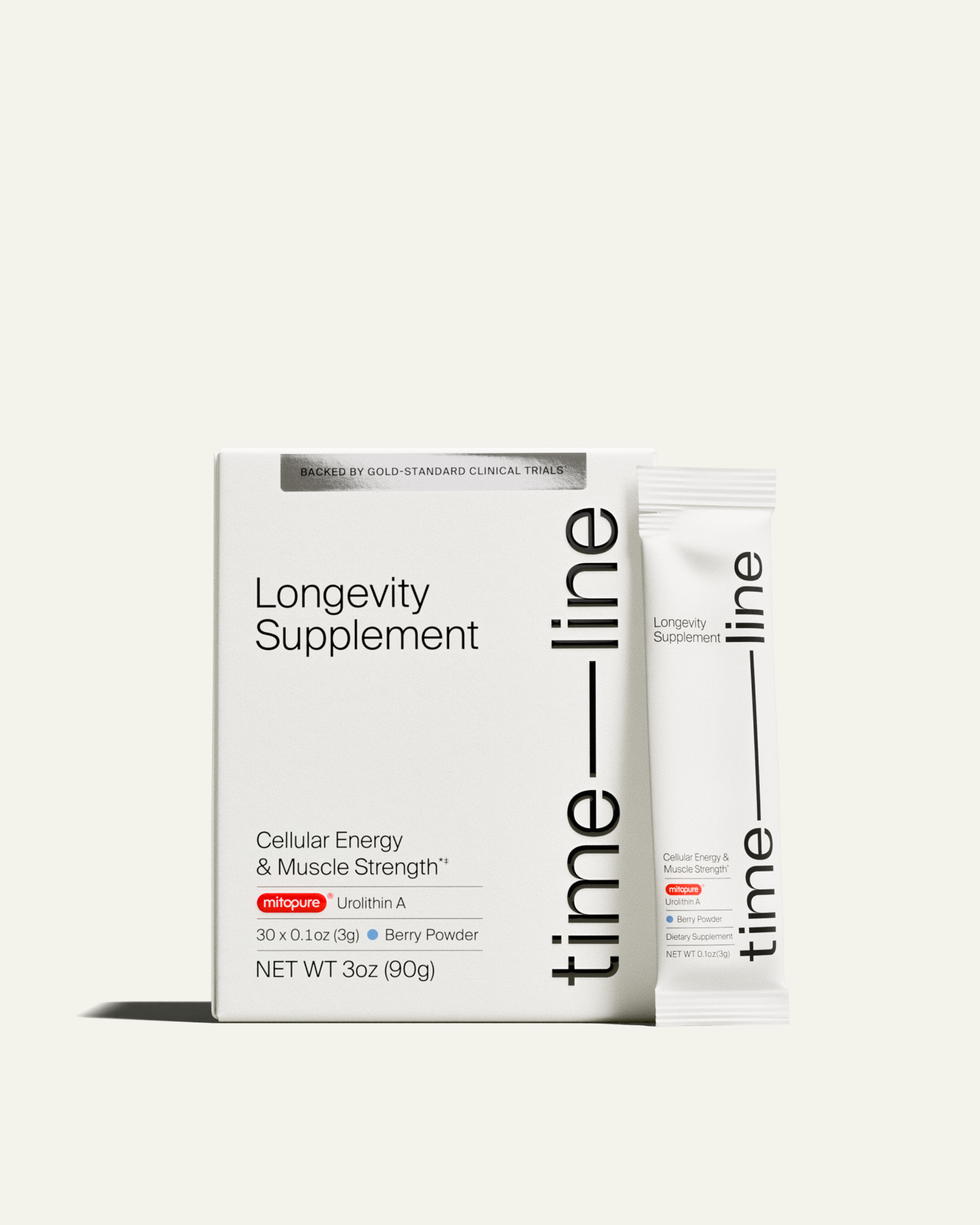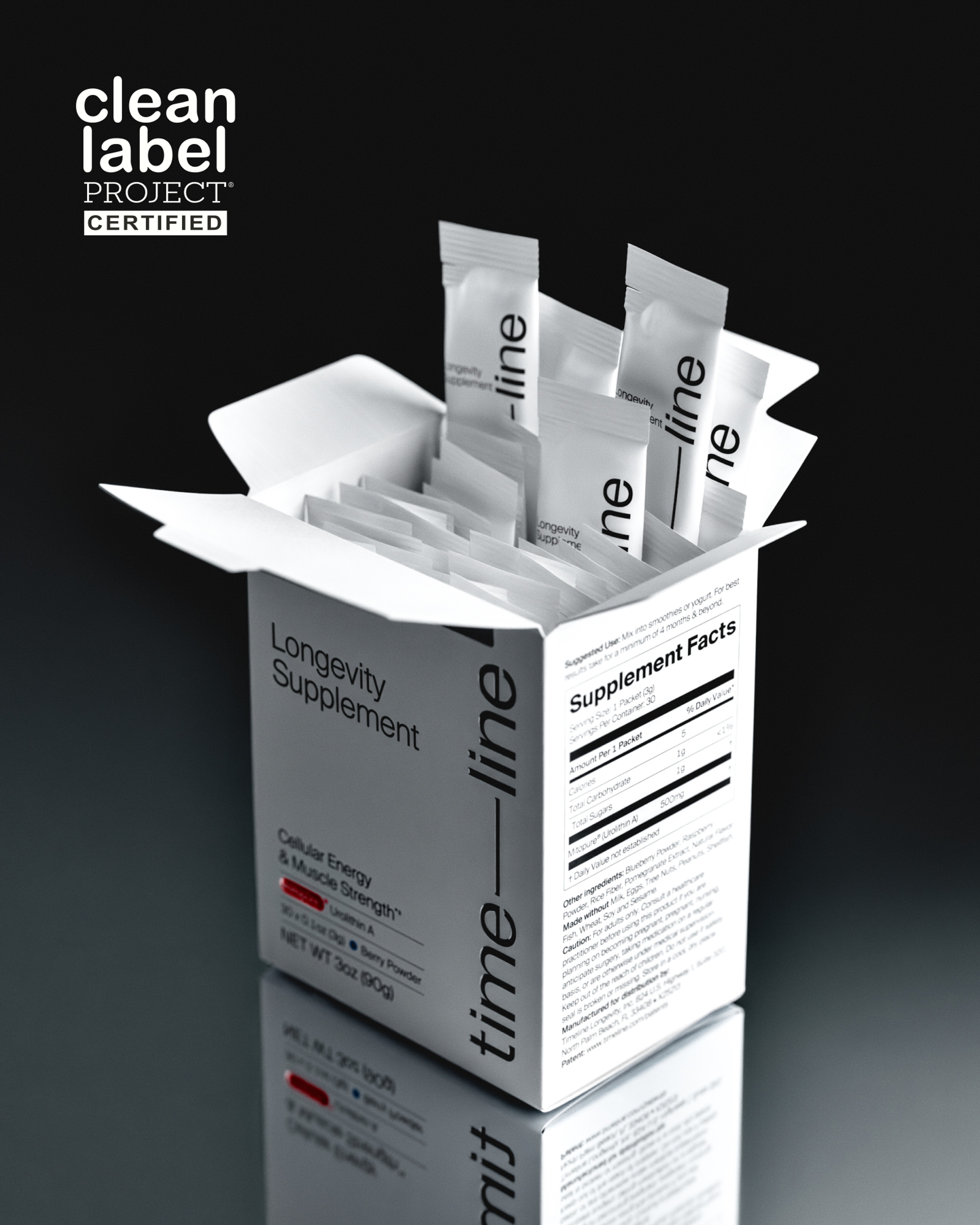Taming the stress hormone: cortisol's impact on well-being
Cortisol is the master hormone behind stress and circadian rhythm, but you can have too much of a good thing. Learn how to keep it in balance.
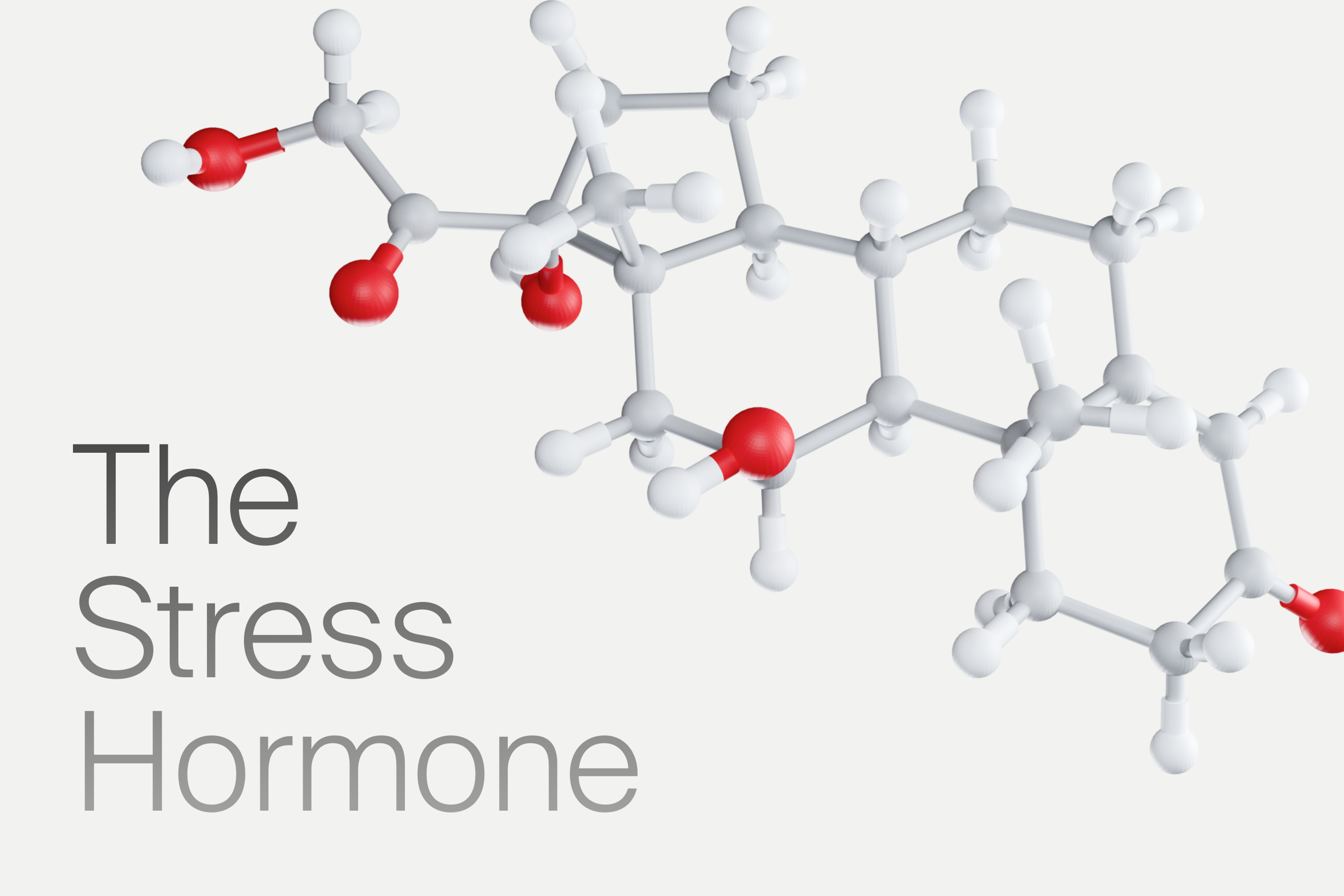
What to know
Cortisol is a hormone that plays a role in many different processes in the body.
Cortisol is released in response to both acute and chronic stressors on the body.
Chronic high levels of cortisol can negatively impact your health.
There are several lifestyle methods you can implement to reduce cortisol.
A healthy diet, exercise, and mindfulness practices can have a profound impact on your cortisol and stress response.
Cortisol is often dubbed the “stress hormone” due to its critical role in the body’s stress response. In addition to the stress response, cortisol has other essential functions, including regulating glucose levels and influencing immune function.
The issue is, in today’s high-paced, high-stress world, levels of this important hormone can become chronically elevated, which can wreak havoc on health, leading to a host of issues from weight gain and impaired immune function to chronic fatigue and hormonal imbalance.
In this blog we’ll learn all about cortisols role in the body and what happens when you have too much of a good thing.
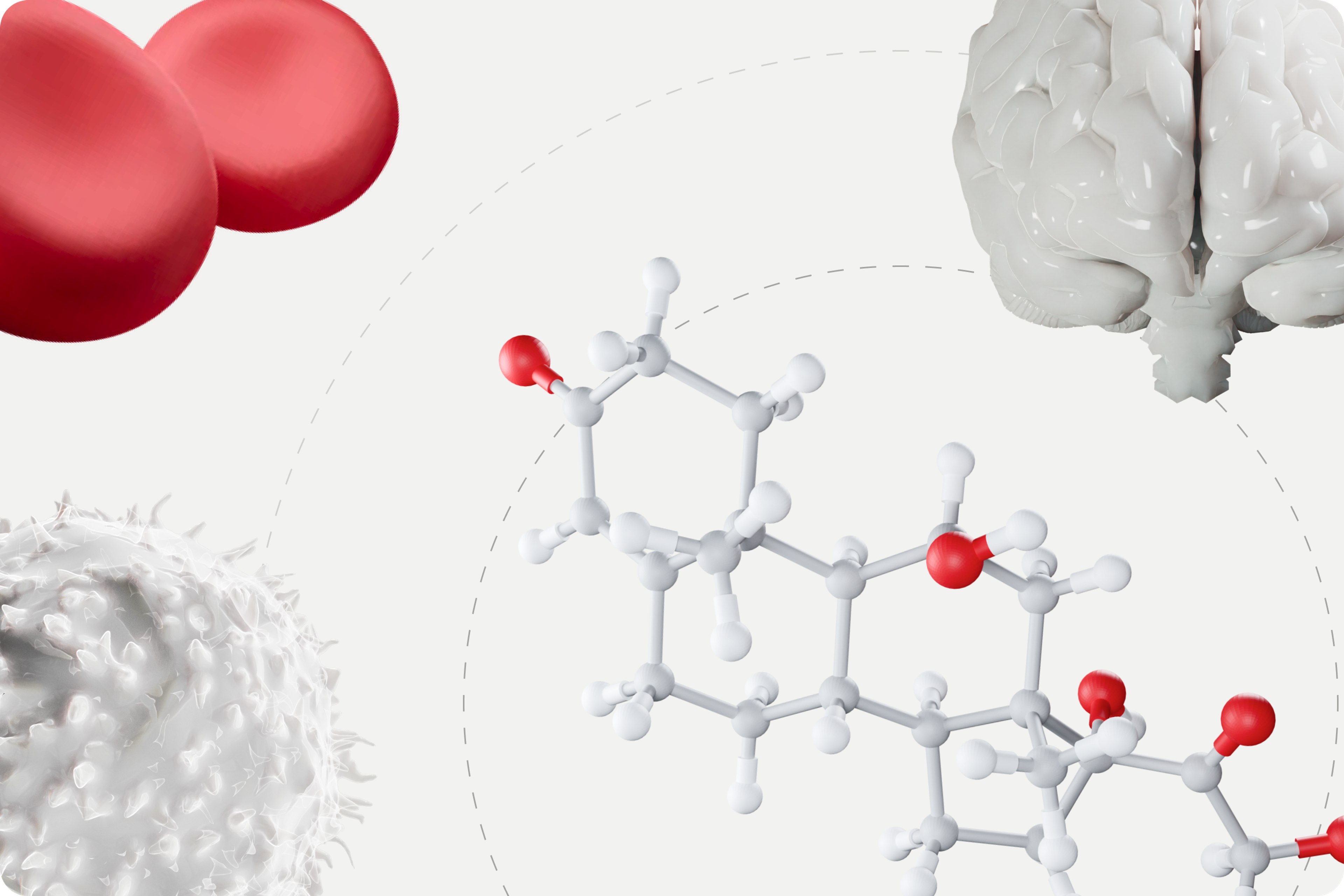
What is cortisol and its role in the body?
Cortisol is a hormone produced from cholesterol in the adrenal glands, and it plays a role in several important processes in the body. Most well-known is the role it plays in the body’s response to stress, but other important functions include:[1]
- Blood pressure control
- Blood glucose regulation
- Supporting immune function
- Regulating the sleep-wake cycle
Moreover, cortisol is involved in cognitive functions; research indicates that it helps process and consolidate memories, particularly those related to survival and danger avoidance. This ensures that we remember and learn from potentially threatening or challenging situations, a key aspect of human adaptation and survival.[2]
Cortisol and cellular health
Cortisol may affect some of the body’s cellular processes, including autophagy, which refers to the breakdown and recycling of old or damaged cells. Cortisol, which may be produced in response to actions such as calorie restriction, may stimulate the process of autophagy.[3]

Why do cortisol levels increase?
There are several reasons why cortisol levels may increase. Here are a few:
Natural, daily cortisol fluctuations
Cortisol levels naturally fluctuate throughout the day, with levels being higher in the morning and declining throughout the day. This is referred to as the diurnal cortisol slope, and it plays a role in our sleep-wake cycle, also known as our circadian rhythm.[4] Higher cortisol levels in the morning promote wakefulness, and the decline in levels at night helps prepare you for sleep.
Response to stress
Cortisol levels will increase when a physical or psychological threat is present to ensure that energy is available to escape the danger. While this is critically important for responding to short-term stress, in today’s world, we are exposed to daily stressors, so our cortisol levels stay elevated which can be damaging to the body.[5]
Weight and cortisol
Cortisol levels are elevated in some people with obesity, particularly in those with increased abdominal fat and those struggling with psychological disorders. [6]Conversely, high cortisol levels over time may contribute to weight gain.
Loss of sleep
Disruptions in sleep can also impact cortisol levels.[7] One night of poor sleep can impact the next day's diurnal cortisol curve. There is a bidirectional relationship between cortisol and sleep, as stress also increases sleep disruptions.
Fear and worry
Cortisol levels may also increase if unproductive ways of thinking are present, such as excessive worry, rumination, helplessness, and catastrophizing. These psychological stressors may stem from work overload, financial troubles, or social anxiety[8].
Other factors
It’s important to know that certain health conditions and medications can influence cortisol levels. Work with a healthcare provider to discuss how your specific circumstances might impact cortisol production.
How do high cortisol levels affect the body?
High cortisol levels can have a profound impact on your health. Here’s how:
- Metabolic disruption: High cortisol can increase glucose production and limit insulin release, leading to higher blood sugar levels. Over time, this can contribute to insulin resistance and increase the risk of type 2 diabetes.[9]
- Weight gain: Elevated cortisol levels are linked to increased appetite and cravings for high-calorie foods. Additionally, cortisol tends to cause fat to be stored around the abdomen, where it poses a greater risk for cardiovascular disease.[10]
- Sleep disturbances: Cortisol is closely linked to the sleep-wake cycle. Abnormally high levels, especially at night, can lead to difficulties falling asleep and staying asleep, resulting in chronic sleep deprivation.
- Immune system suppression: While cortisol is vital for supporting the immune system in the short term, chronic elevation can have the opposite effect. Studies have linked cortisol to immune suppression, which results in delayed wound healing and increased susceptibility to infections.[11]
Measuring cortisol levels
Cortisol is the only hormone that can be measured in serum, urine, and saliva. It can also be measured in other fluids, such as sweat, as well as in hair. Salivary cortisol is most commonly used to measure stress. Stress has been found to be most positively related to cortisol levels determined in saliva, hair, and serum.[12]
Since abnormal levels of cortisol can indicate serious conditions, it’s best to work with a qualified healthcare practitioner to determine if your cortisol levels are healthy and the best way to manage abnormal levels.
How to reduce if you have high cortisol levels
If your high cortisol levels are due to stress or lifestyle factors, there are several things you can do to help manage it:
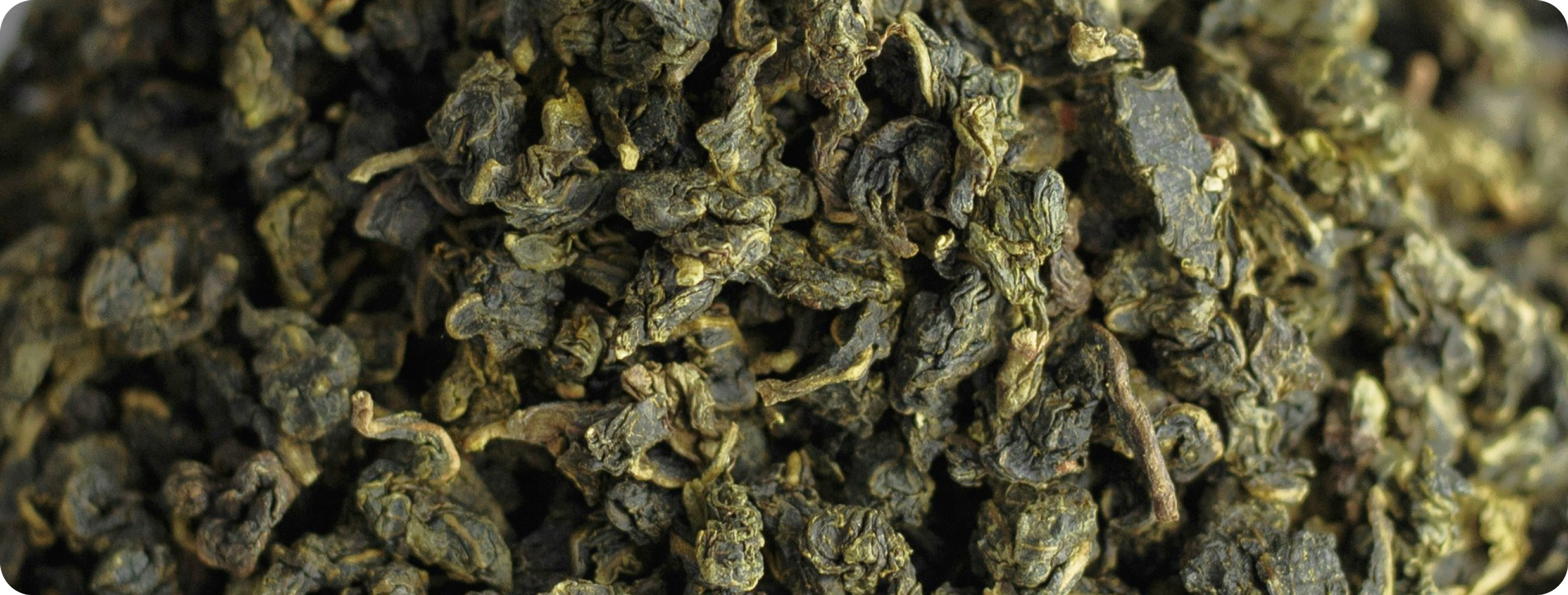
The calming amino acid L-theanine, present in green tea
Diet
Science suggests there are a few foods that lower cortisol and improve the stress response:
- Green tea contains polyphenols and a calming amino acid called L-theanine, which may help to calm the stress response.[13]
- Higher consumption of fruits and veggies is associated with having a better response to stress.[14]
- Water is key in helping your body respond to stress. Studies have shown that even mild dehydration can increase salivary cortisol levels.[15]
- Foods rich in omega-3 fatty acids, like fish, nuts, and seeds, are considered foods that lower cortisol. Studies have shown that people with higher blood levels of omega-3 fatty acids had healthier cortisol levels.[16]
Research also suggests that sugar can have a negative impact on cortisol and the body’s stress response.[17]
Physical activity
With regard to the best exercise to reduce cortisol, research has explored different types of activities, including resistance training, endurance, and high-intensity intervals. There is some conflicting evidence around intense training like HIIT and its impact on cortisol levels. It may increase cortisol in the short term, but it appears that levels return back to baseline after recovery.[18]
Studies suggest that gentle exercises like yoga and tai chi may be the best types of exercise to reduce cortisol.[19]
Meditation and deep breathing
Meditation, mindfulness, and deep breathing are powerful tools for reducing cortisol levels and enhancing overall well-being. These practices activate the parasympathetic nervous system, reducing stress and promoting a calm state. [20]
Final words
High cortisol levels may negatively impact the body over time and may affect the body’s processes and structures. However, several lifestyle changes have been identified that may help reduce cortisol.
Authors

Written by
Professor of Nutrition & Scientific Writer

Reviewed by
Director Science Communications
References
- ↑
Cortisol: What It Is, Function, Symptoms & Levels. Cleveland Clinic. Accessed May 13, 2024. https://my.clevelandclinic.org/health/articles/22187-cortisol Erratum in: Nat Commun. 2024 Feb 19;15(1):1504. PMID: 38280852; PMCID: PMC10821893.
- ↑
Hannibal KE, Bishop MD. Chronic stress, cortisol dysfunction, and pain: a psychoneuroendocrine rationale for stress management in pain rehabilitation. Phys Ther. 2014 Dec;94(12):1816-25. doi: 10.2522/ptj.20130597. Epub 2014 Jul 17. PMID: 25035267; PMCID: PMC4263906.
- ↑
Yang, Ling et al. “Long-Term Calorie Restriction Enhances Cellular Quality-Control Processes in Human Skeletal Muscle.” Cell reports vol. 14,3 (2016): 422-428. doi:10.1016/j.celrep.2015.12.042
- ↑
Adam, Emma K et al. “Diurnal cortisol slopes and mental and physical health outcomes: A systematic review and meta-analysis.” Psychoneuroendocrinology vol. 83 (2017): 25-41. doi:10.1016/j.psyneuen.2017.05.018
- ↑
Knezevic, Emilija et al. “The Role of Cortisol in Chronic Stress, Neurodegenerative Diseases, and Psychological Disorders.” Cells vol. 12,23 2726. 29 Nov. 2023, doi:10.3390/cells12232726
- ↑
van der Valk, Eline S et al. “Stress and Obesity: Are There More Susceptible Individuals?.” Current obesity reports vol. 7,2 (2018): 193-203. doi:10.1007/s13679-018-0306-y
- ↑
Kim, Tae Won et al. “The impact of sleep and circadian disturbance on hormones and metabolism.” International journal of endocrinology vol. 2015 (2015): 591729. doi:10.1155/2015/591729
- ↑
Peer, J., Spinhoven, P., & Roelofs, K. (2010). Psychophysiological evidence for cortisol-induced reduction in early bias for implicit social threat in social phobia. Psychoneuroendocrinology, 35, 21-32. https://doi.org/10.1016/j.psyneuen.2009.09.012.
- ↑
Kamba, Aya et al. “Association between Higher Serum Cortisol Levels and Decreased Insulin Secretion in a General Population.” PloS one vol. 11,11 e0166077. 18 Nov. 2016, doi:10.1371/journal.pone.0166077
- ↑
Hewagalamulage, S D et al. “Stress, cortisol, and obesity: a role for cortisol responsiveness in identifying individuals prone to obesity.” Domestic animal endocrinology vol. 56 Suppl (2016): S112-20. doi:10.1016/j.domaniend.2016.03.004
- ↑
Godbout, J., & Glaser, R. (2006). Stress-Induced Immune Dysregulation: Implications for Wound Healing, Infectious Disease and Cancer. Journal of Neuroimmune Pharmacology, 1, 421-427. https://doi.org/10.1007/s11481-006-9036-0.
- ↑
El-Farhan N, Rees DA, Evans C. Measuring cortisol in serum, urine and saliva – are our assays good enough? Annals of Clinical Biochemistry. 2017;54(3):308-322. doi:10.1177/0004563216687335
- ↑
Almudhi, Abdulaziz, and Sami A Gabr. “Green tea consumption and the management of adrenal stress hormones in adolescents who stutter.” Biomedical reports vol. 16,4 (2022): 32. doi:10.3892/br.2022.1515
- ↑
Radavelli-Bagatini, Simone et al. “Associations of specific types of fruit and vegetables with perceived stress in adults: the AusDiab study.” European journal of nutrition vol. 61,6 (2022): 2929-2938. doi:10.1007/s00394-022-02848-5
- ↑
Castro-Sepulveda, Mauricio et al. “Basal Mild Dehydration Increase Salivary Cortisol After a Friendly Match in Young Elite Soccer Players.” Frontiers in physiology vol. 9 1347. 26 Sep. 2018, doi:10.3389/fphys.2018.01347
- ↑
Thesing, Carisha S et al. “Omega-3 polyunsaturated fatty acid levels and dysregulations in biological stress systems.” Psychoneuroendocrinology vol. 97 (2018): 206-215. doi:10.1016/j.psyneuen.2018.07.002
- ↑
Kilian, Y., Engel, F., Wahl, P., Achtzehn, S., Sperlich, B., & Mester, J. (2016). Markers of biological stress in response to a single session of high-intensity interval training and high-volume training in young athletes. European Journal of Applied Physiology, 116, 2177-2186. https://doi.org/10.1007/s00421-016-3467-y.
- ↑
Zänkert, Sandra et al. “Effect of sugar administration on cortisol responses to acute psychosocial stress.” Psychoneuroendocrinology vol. 115 (2020): 104607. doi:10.1016/j.psyneuen.2020.104607
- ↑
Yadav, R., Magan, D., Mehta, N., Sharma, R., & Mahapatra, S. (2012). Efficacy of a short-term yoga-based lifestyle intervention in reducing stress and inflammation: preliminary results.. Journal of alternative and complementary medicine, 18 7, 662-7 . https://doi.org/10.1089/acm.2011.0265.
- ↑
Alhawatmeh, Hossam N et al. “The Benefits of Mindfulness Meditation on Trait Mindfulness, Perceived Stress, Cortisol, and C-Reactive Protein in Nursing Students: A Randomized Controlled Trial.” Advances in medical education and practice vol. 13 47-58. 13 Jan. 2022, doi:10.2147/AMEP.S348062
Disclaimer
The information in this article is for informational purposes only and should not be taken as medical advice. Always consult with your medical doctor for personalized medical advice.
